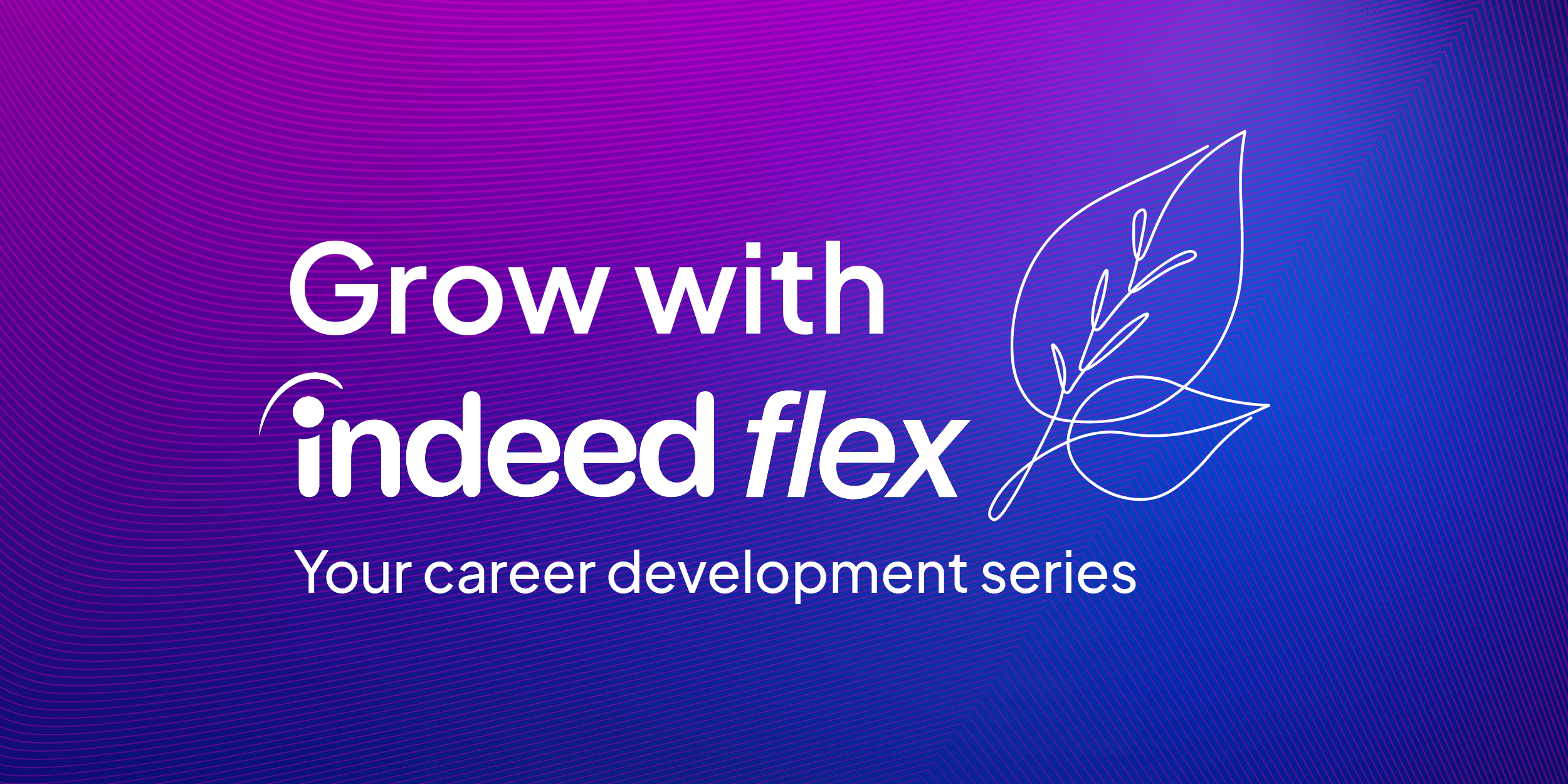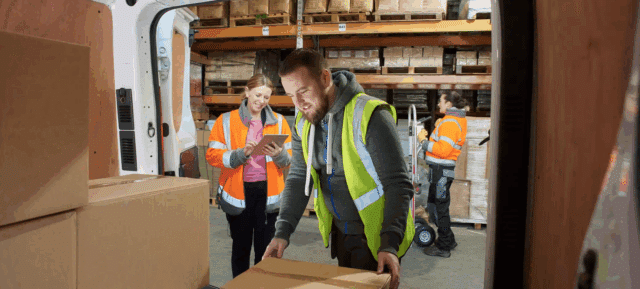
You received a link to this article in your email because you signed up for Grow with Indeed Flex.
“Don’t feel guilty if you don’t know what you want to do with your life… the most interesting people I know didn’t know at twenty-two what they wanted to do with their lives, some of the most interesting forty-year olds I know still don’t” – Baz Luhrmann
Most people want a great career. However, a lot of us struggle to define what that means. Our idea of success and happiness can change daily. So how do you go about building a great career when your wants, needs, and desires are constantly changing?
Ditch the Destination
When many of us try to define a great career, often we think of a destination. So let’s agree right now that we’re all a work in progress. We need to shift our focus from destinations and plans to one where we are continuously discovering new opportunities and gleaning value from the journey. Any kind of ‘career plan’ suggests there will be a point where an outcome is achieved. However, this logic is broken for a happy career.
Shawn Achor, psychologist and author, challenges the assumption that success leads to happiness and argues that it happens the other way around. The people who are happiest tend to be the ones that focus on their journey and don’t focus too much on their destination. Studies suggest these people are also more successful overall. So if starting with a destination in mind isn’t the answer, then what is? If you’re only enjoying the present and ignoring the future, isn’t that risking career failure? Well, how about instead of future plans, we focus on future possibilities?
What are future possibilities?
Future possibilities are not about answering the traditional career questions like ‘where do you see yourself in 10 years?’ Career plans don’t fit within a squiggly career. A Financial Times article explored the idea that we should all plan for at least five careers in our lifetime, and as work is becoming more temporary for everyone, reinvention is both rational and essential. Career experts Helen Tupper and Sarah Ellis say it best in their book, The Squiggly Career, “Our careers are becoming multi-directional as we move back and forth, in and out of organizations and professions. Progressive organizations recognize that people leave jobs for a variety of reasons, from career advancement and broadening experiences to working in another geography or starting their own business”.
Future possibilities are about spotting the opportunities to discover ways to experience more.– ways in which we can try new things, learn new things, and collect a wide variety of valuable experiences that make for a great career.
Why future possibilities matter in your career.
Exploring future possibilities will allow you to uncover your career ‘why’, and not just your career ‘what.’ Understanding and knowing how to explore future possibilities will help your career in three ways:
Discover opportunity.
Exploring future possibilities enables you to get curious about different roles and industries. Your previous ideas about what your career might or could look like will open up when you think about all of the different ways your strengths can add value. When you start to connect this with your values, you unlock possibilities you never considered before.
Find a good fit.
Any career move will come with risk. Will you like it? Will you be successful? Will you be secure? Actively exploring future possibilities enables you to dig deeper into whether your next move might be a good fit for your strengths, values, and career ‘must-haves’. Making this practice a regular habit enables you to start to de-risk any potential moves and make any transition move likely to succeed.
Take ownership.
It is not the job of your manager or employer to provide a clear career path for you. Your career is uniquely yours and only you can truly design a journey that fits your lifestyle. By combining everything you’ve discovered about yourself in this series you’re now able to use those insights to connect with the right future opportunities for you.
What about skills?
Much of this series has been about finding your career ‘why’; uncovering more about yourself, challenging how you think about your career, and exploring what you truly want from it. You should now have a better idea about what strengths you bring to the workplace and the kind of environments you’re likely to thrive in. To help you continue to enjoy a career that’s truly squiggly, there are three skills career experts predict will become more important than most – curiosity, feedback, and grit.
Developing and learning to practice these, will allow you to successfully maneuver any career circumstance. These are the ingredients that will empower you to ride your squiggle, no matter where it takes you.
By exploring the materials below, this module will give you practical ways you can regularly explore future possibilities, as well as develop the three skills: curiosity, feedback, and grit.
Recommended Read: The Happiness Advantage – Shawn Achor
Recommended Watch: Why You Will Fail to Have a Great Career (15 mins)
Recommended Listen: Career Possibilities and Radical Sabbaticals (37 mins)







